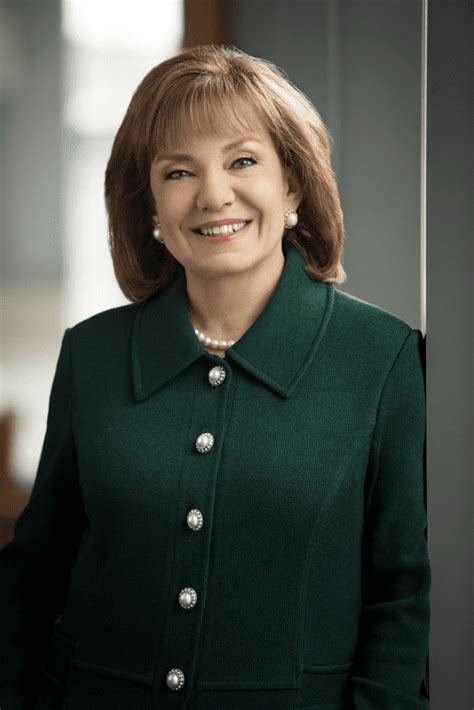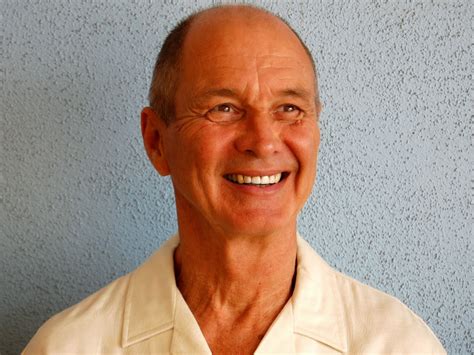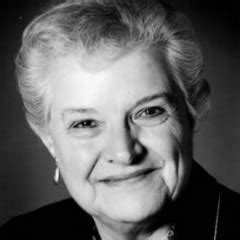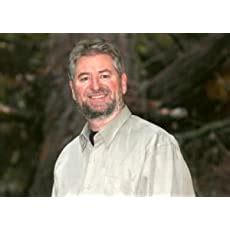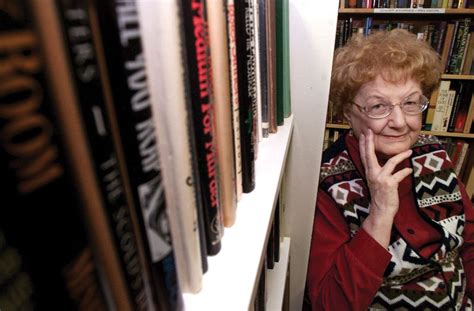A Quote by Paulo Freire
Learning is a process where knowledge is presented to us, then shaped through understanding, discussion and reflection.
Quote Topics
Related Quotes
First, my people must be taught the knowledge of self. Then and only then will they be able to under-stand others and that which surrounds them. Anyone who does not have a knowledge of self is considered a victim of either amnesia or unconsciousness and is not very competent. The lack of knowledge of self is a prevailing condition among my people here in America. Gaining the knowledge of self makes us unite into a great unity. Knowledge of self makes you take on the great virtue of learning.
So that's the process of understanding, and through that process, if you have a deep realization of the selflessness in regard to your absolute self, then it releases your relational self to be happily interconnected with everything in a blissful way. Then you yourself have "no problem" in the sense of no suffering. You reach Nirvana.
If one does not make human knowledge wholly dependent upon the original self-knowledge and consequent revelation of God to man, then man will have to seek knowledge within himself as the final reference point. Then he will have to seek an exhaustive understanding of reality. He will have to hold that if he cannot attain to such an exhaustive understanding of reality he has no true knowledge of anything at all. Either man must then know everything or he knows nothing. This is the dilemma that confronts every form of non-Christian epistemology

